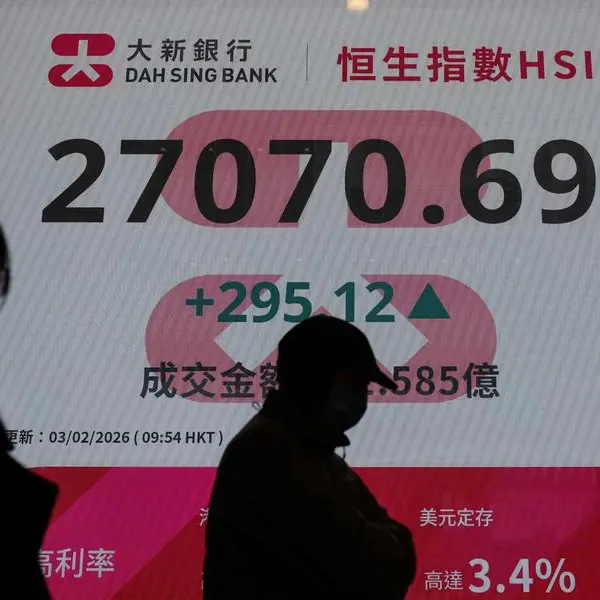PHOTO
Next year may be the first of our ‘post-pandemic normal’, but it will be an environment still characterised by complexities from lingering risks, a leading analyst said.
David Young, MD of global consulting firm Oxford Analytica, said geopolitics is a top political threat to businesses, governance and society.
Speaking at the Global Citizenship Conference in Dubai on Thursday, Young said: “2024 may be the first year of our post-pandemic normal in a range of areas, from interest rates to labour market dynamics and government policy shifts.
“However, this environment will be characterised by huge complexities.”
Companies will need to navigate uncertain times, uncertain price sensitivities, lingering risks from elevated credit costs and disruptive geopolitical policy moves by governments, he told the Henley & Partners conference, adding: “We are living in a world where geopolitical risks are a top political threat to businesses, governance and society. There is overwhelming growing agreement of this fact among senior executives and policymakers.”
Defining risks and shifts
Speaking about geopolitical shifts, he said: “China has become less liberal not more liberal as it has become richer, and since being dismissed in 2014 as a declining global superpower, Russia has strained itself to disprove that characterisation, wherever the opportunity arose.”
The last few years have seen more foreign policy freewheeling by states than in the last 20 years, he said, which is a consequence of uncertainty, and as a result, companies face a more fluid, volatile landscape, with uncertainty over the global pecking order.
US President Joe Biden’s policy of a separate technological path from China, in which partners are encouraged to shun China, makes it seem certain that globalisation’s high point is behind us, he said, with questions over whether global institutions, which are of western design, are fit for purpose.
“We are living in a world these days where the rest rather than the West has much greater equities,” Young continued, saying for many states in the world it is a time of great opportunities.
But as countries and rulers seek to exploit opportunities, he said, the risk for companies operating internationally magnifies, and they can no longer expect the "free ride" they enjoyed in the 1990s.
He highlighted regional risks including Morocco and Algeria being closer to conflict than ever over Western Sahara, and Iran’s ambitions for influence in the Gulf remaining undimmed.
(Reporting by Imogen Lillywhite; editing by Seban Scaria)




















